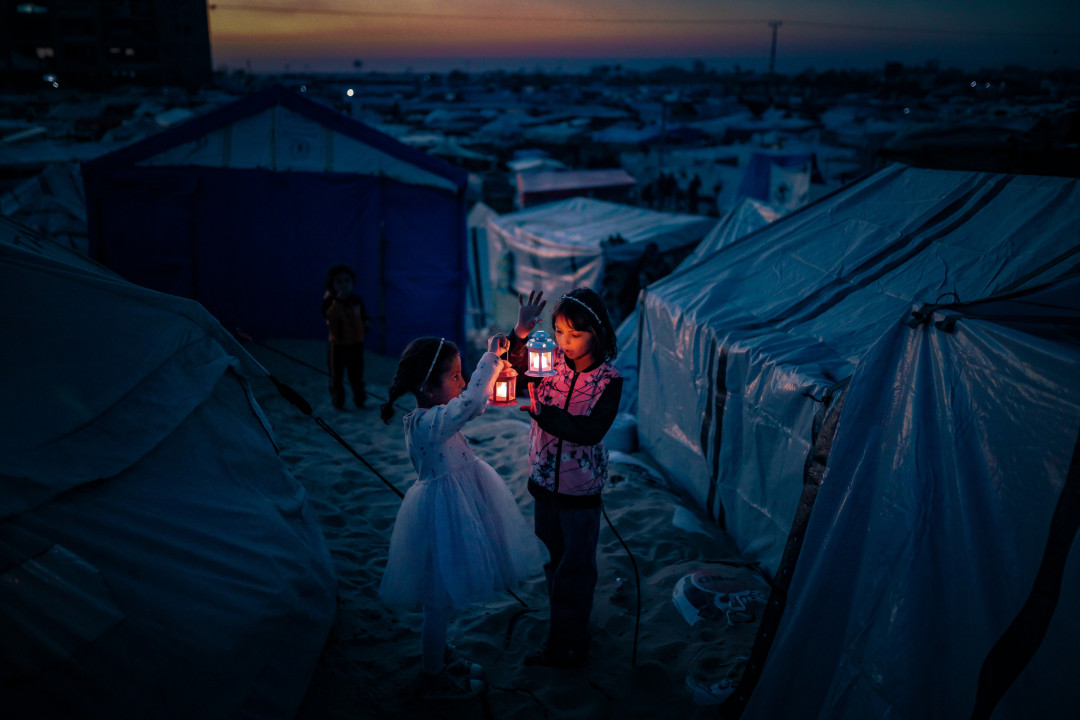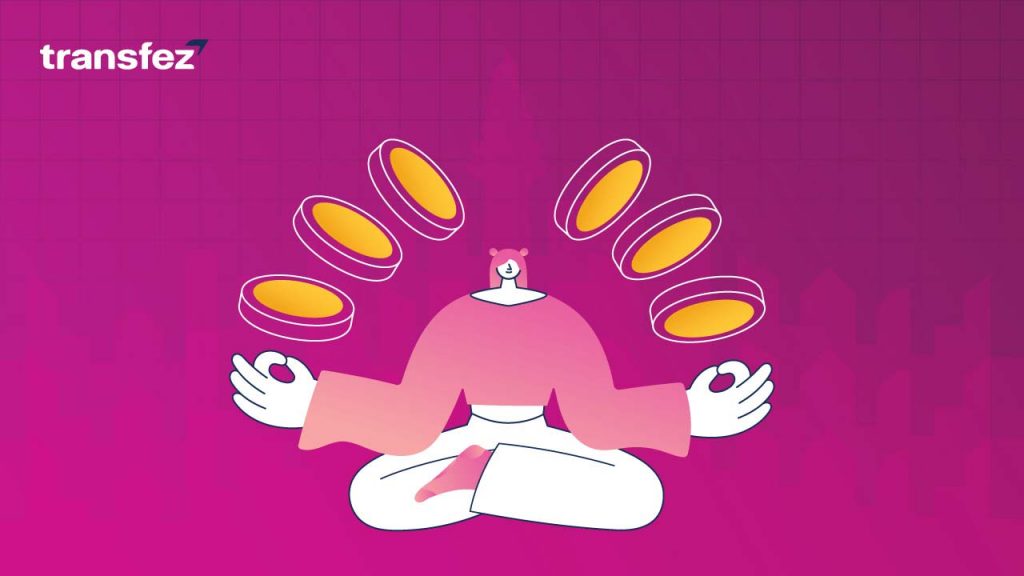Gallery
Photos from events, contest for the best costume, videos from master classes.
 | |
 |  |
 | |
 |  |
 |  |
 |
Muslims are ethnically and racially diverse and not all Ramadan traditions are rooted in religion. Some customs may transcend borders, while others can differ across cultures. WHAT ARE SOME CULTURAL AND SOCIAL TRADITIONS ASSOCIATED WITH RAMADAN? Muslims are ethnically and racially diverse and not all Ramadan traditions are rooted in religion. Some customs may transcend borders, while others can differ across cultures. Many social rituals center on gathering and socializing after the daily fast. Ramadan, in Islam, the ninth month of the Muslim calendar and the holy month of fasting. It begins and ends with the appearance of the crescent moon. Islamic tradition states that it was during Ramadan that the Prophet Muhammad received the first revelations of the Quran. Ramadan is a time of deep reflection, self-improvement and heightened devotion to God. In addition to praying five times a day, Muslims pray extra nightly prayers. Muslims are also encouraged to study and recite the Quran and perform acts of charity. A common way to greet Muslims during the holy month is to say, “Ramadan mubarak.” Ramadan is a month dedicated to personal reflection, spiritual growth, and self-discipline. By fasting from dawn until sunset, Muslims develop patience, humility, and resilience, drawing closer to Allah through their devotion. As this guide will show, Muslim practices around Ramadan are diverse. Ramadan Basics. From not eating daylight hours to feeling like your whole month is a series of spiritually filled moments, Ramadan can be a month of incredible experiences. What is Ramadan? Ramadan is the ninth month of the Islamic calendar. It is famous around the world Ramadan, the ninth month of the Muslim calendar, is one of the most sacred times for Muslims. It is the month in which it is believed that the Holy Qur'an was sent down from heaven "as a guidance for men and women, a declaration of direction, and a means of salvation." The Five Pillars are the core beliefs and practices of Islam: Profession of Faith ( shahada ). The belief that "There is no god but God, and Muhammad is the Messenger of God" is central to Islam. Ramadan is the ninth and holiest month of the Islamic lunar calendar. Learn about the traditions and history of this month of fasting observed by Muslims all over the world. In this article, we explore the history of Ramadan and dive into its significance for 2 billion Muslims worldwide. Fasting as a practice was found in ancient civilizations, including the Greeks, Romans, and Egyptians had fasting rituals to purify the body and soul. Islam also emphasizes community and respect. We’re encouraged to support each other, share what we have, and work together for the common good. This unity and equality are core to our faith. Major Acts of Worship. Islam’s key practices, known as the Pillars of Islam, include: Prayer (Salah): Muslims pray five times a day. These prayers Islam, major world religion that emphasizes monotheism, the unity of God (‘Allah’ in Arabic), and Muhammad as his final messenger in a series of revelations. As the literal word of God, the Qur’an makes known the will of God, to which humans must surrender (lending the name Islam, meaning ‘surrender’). Islam is a major monotheistic religion that originated in the 7th century CE in the Arabian Peninsula, founded by the Prophet Muhammad.With approximately 1.9 billion followers, Islam is the second-largest religion in the world, encompassing diverse beliefs, practices, and cultures across the globe. Islam Religion Practices . Worship in Islam is central to a Muslim’s life and is considered the primary purpose of human existence. It encompasses a wide range of practices designed to develop a personal connection with Allah and to uphold moral and spiritual guidance through the Quran and the Sunnah. Core Religious Practice of Islam: The Five "Pillars" of Islam. In Islam, worship is part of daily life and is not limited to mere rituals. The formal acts of worship are known as the five "pillars" of Islam. The five pillars of Islam are the declaration of faith, prayer, fasting, charity, and pilgrimage. 1. South Asia and Sub-Saharan Africa have around 30% Muslim population, whereas 6% of the Europeans follow Islam. In the Americas, Islam is the declared religion of around 1% of the total population. So, Islam can be rated as a Worldwide Religion. Islam is also referred to as the youngest religion. Pillars of Islam, the five religious acts that are considered obligatory for all Muslims: shahadah, the Muslim profession of faith; salat, daily prayer; zakat, the paying of alms to benefit the poor and needy; sawm, fasting during the month of Ramadan; and hajj, the pilgrimage to Mecca. Day 2 of our Understanding Islam series. There are five pillars – or basic tenets – of Islamic faith. Each of these pillars is an important part of being Muslim. Islam is a religion rich in traditions and beliefs that shape the lives of over a billion people worldwide. Moreover, Islam is based on foundational principles known as the Five Pillars of Islam. In addition,These pillars form the bedrock of Muslim practices and beliefs, guiding their spiritual and everyday lives. In Islam, Muhammad (peace be upon him) is the final prophet and messenger sent by Allah to guide humanity. The holy book of Islam is the Quran, which is the literal word of Allah, revealed to Prophet Muhammad (peace be upon him) over 23 years. In this article, we will examine the basic beliefs of Islam that every Muslim must believe in.
Articles and news, personal stories, interviews with experts.
Photos from events, contest for the best costume, videos from master classes.
 | |
 |  |
 | |
 |  |
 |  |
 |